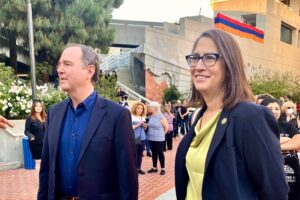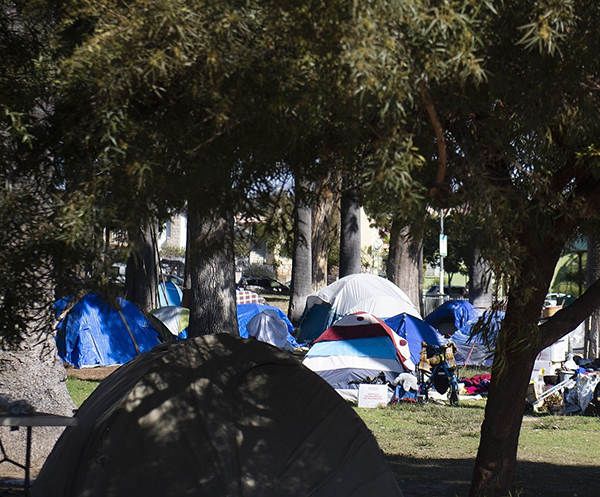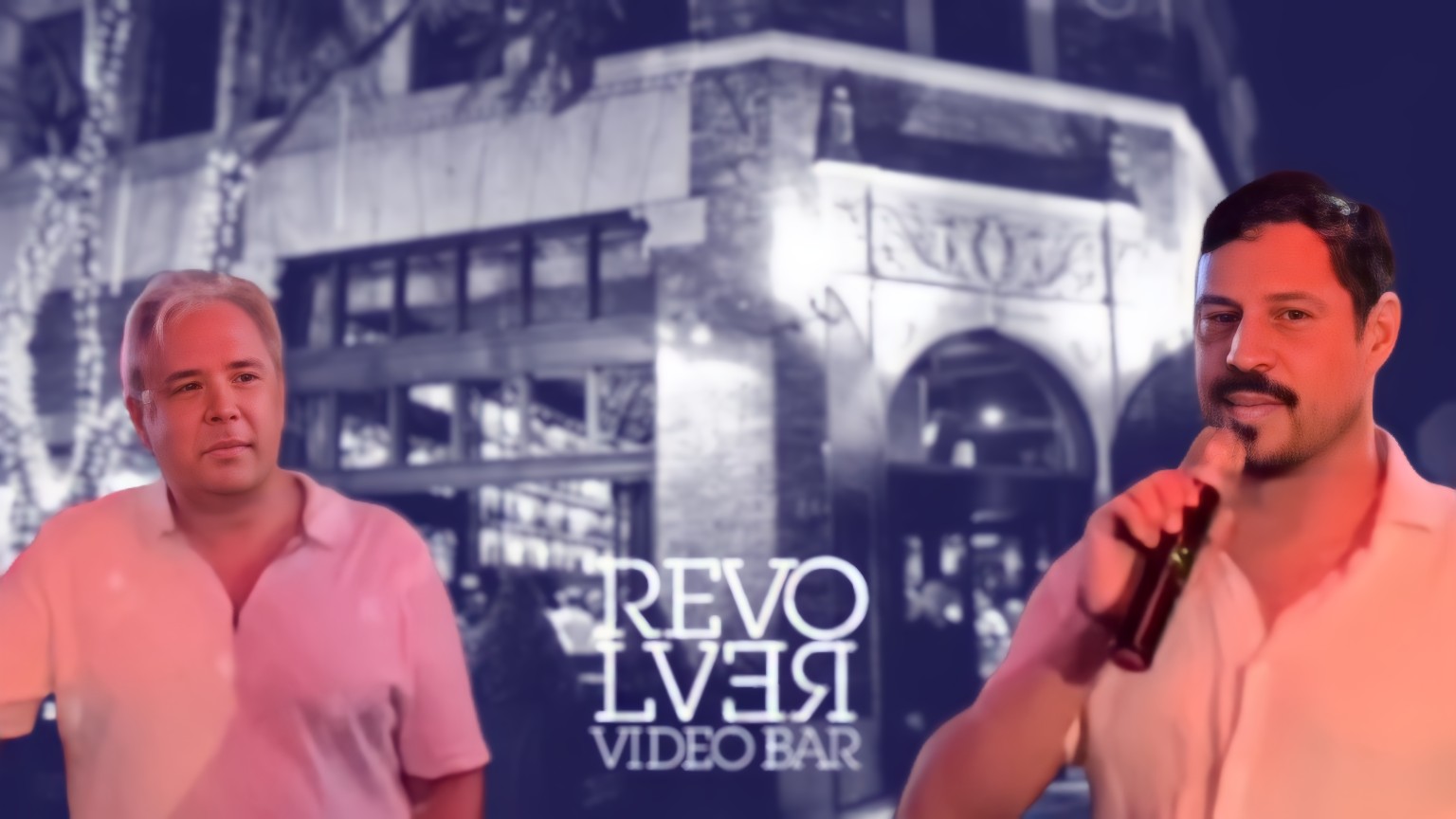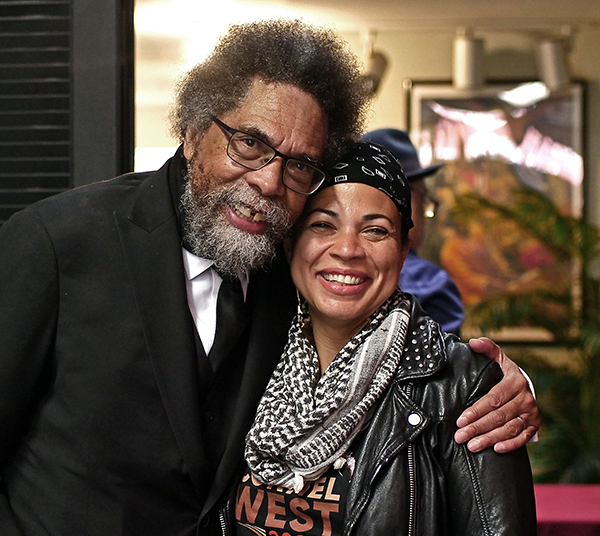Homeless advocates say closure targets people living in tents
Staff and Wire Reports
LOS ANGELES — Activists gathered at Echo Park Lake March 24 ahead of the city’s plans to close the park where well more than 100 unhoused people have taken up residence.
Los Angeles City Councilman Mitch O’Farrell’s communications director Tony Arranaga told City News Service that the city is closing the park to repair more than $500,000 in damage.
Arranaga would not confirm the date of the closure, but the Los Angeles Times reported that “a source with direct knowledge of the process” said the encampments would be cleared March 25 and the park would be closed and fenced off for renovations.
The Centers For Disease Control and Prevention’s guidelines during the pandemic call for homeless encampments to be left alone.
“Clearing encampments can cause people to disperse throughout the community and break connections with service providers. This increases the potential for infectious disease spread,” the guidelines state.
O’Farrell told reporters during an unrelated news conference March 23 that the city will follow all CDC guidelines and house all residents of the park who have lived there since January, but he did not provide details about what type of housing would be provided or when it would happen. He added that the city previously housed more than 100 of the park’s residents.
He later took to Facebook to further explain what he wanted to accomplish at the park,
“To date, we have placed and will continue to place more than 100 unhoused individuals living at the lake into housing, including rooms made available through Project Roomkey and Project Homekey,” O’Farrell said. “This work, which is ongoing, seeks to accomplish two of my top priorities: putting our most vulnerable on a pathway to wellness and stability by providing a safe, secure environment; and ensuring that Echo Park Lake remains a public space for all to enjoy during park hours.
“These goals aren’t mutually exclusive.”
Advocates for the unhoused community, including the organizations Echo Park Street Watch, Ground Game L.A. and the Los Angeles Community Action Network, planned to meet at the park at 7 a.m. March 24 to support the park’s residents and attempt to withstand the order.
The group plans to hold a 24-hour vigil “to seek citywide cooperation and support in coming days to stop the shutdown of L.A.’s largest self-run homeless haven.”
The park’s community — which has created a vegetable garden, working showers and a kitchen — has been praised by activists as a self-run, diverse community of housed and unhoused residents of the neighborhood.
Several people called into the March 23 City Council meeting to oppose the move to close the park.
“Not happy to hear that you’re planning to remove and displace a couple hundred of my residents without any notice or communication,” Echo Park Neighborhood Council President Zarinah Williams told O’Farrell. “I believe that people who don’t own homes or who aren’t wealthy or don’t have a special interest are residents and are equally valued members of this community.”
Williams later issued a statement to City News Service.
“Echo Park Lake, situated on Tongva Land, has been a haven of this community since its development and should remain a free and accessible place for members of this community who need it for solace, leisure or survival,” he said. “We do not feel that $500,000 in restorative landscaping is a priority endeavor given layered consequences of displacement and criminalization of our residents.”
Arranaga said the city is working to identify rooms and beds through Project Roomkey, Project Homekey and shelters for the park’s residents.
Sachin Medhekar, organizing committee member for the SELAH Neighborhood Homeless Coalition, also called into the meeting to oppose the city’s plan to close the park and clear the encampments.
“I applaud the efforts of [the Los Angeles Homeless Services Authority] to place folks into [Project Roomkey] sites, but as we all know, eligibility for the program is limited,” he said.
“I’m urging you to not displace the over 100 folks that reside at the lake, especially during this ongoing pandemic and to instead focus on connecting folks with a variety of services and housing options they deserve.”
A woman who identified herself as a resident of the Echo Park neighborhood said she supported the clearing of the park and closure for renovations.
“I personally have not visited the park in over a year because it doesn’t feel sanitary or safe,” she said. “I also worry that the $45 million investment the city made to rehabilitate the park is being wasted.”











